

Primary care is the day-to-day healthcare given by a health care provider. Typically, a primary care provider acts as the first contact and principal point of continuing care for patients within a healthcare system and coordinates other specialist care that the patient may need. Patients commonly receive primary care services from professionals such as a primary care physician (general practitioner or family physician), a physician assistant, or a nurse practitioner. Depending on the nature of the health condition, patients may then be referred for secondary or tertiary care.
To stay safe and healthy today and in the future, you need access to a primary care provider who knows and understands your health history, wellness goals, and concerns.
A primary care physician has the necessary training that allows them to be the first point of contact when someone needs to see a healthcare professional. They are a health care professional who will make it a point to get to know you much better, which helps them to assist you in your healthcare needs better.
Therefore, you should feel very comfortable discussing anything with your primary care doctor as your good health depends on it. When you choose to use the services of a primary doctor, you are doing your part when it comes to taking care of your overall good health and well-being.
According to the American Academy of Family Physicians, primary care physicians are advocates for the patient in coordinating the use of the entire health care system to benefit the patient.
A primary care medical practice is the first place a patient will contact when they require any health care. A primary care doctor offers their patients primary care services like health maintenance, disease diagnosis, and disease prevention as well as positive health advice for their overall health and preventive information.
More and more primary care doctors are also offering their patients holistic health care options nowadays, which can be used to address any physical, emotional, or mental issues they may be currently experiencing.
Without further ado, here are seven common primary care services available for patients today.
Do you have any questions about primary care services that we can answer for you? If you do, please do not hesitate to contact us as soon as you have a few moments to discuss.
At Advanced Health Solutions – GA Spine & Disc, we understand how important it is for you to receive correct information about your health, and for that reason, we always make ourselves available to those who need us.
Our caring team members are also available to make any necessary medical appointments you may need. Understand that we are here for you, as we genuinely care about your health.
Request an appointment here or call us at (770) 212-3991 for an appointment in our Woodstock office.
A primary care provider (PCP) is a health care practitioner who sees people that have common medical problems. This person is most often a doctor. However, a PCP may be a physician assistant or a nurse practitioner.
Your PCP is often involved in your care for a long time. Therefore, it is important to choose someone with whom you will work well.
A PCP is your main health care provider in non-emergency situations. Your PCP’s role is to:
Primary care services are most often provided in an outpatient setting. However, if you are admitted to the hospital, your PCP may assist in or direct your care, depending on the circumstances.
Having a PCP can give you a trusting, ongoing relationship with one medical professional over time. You can choose from several different types of PCPs, including:
Many insurance plans limit the providers you can choose from, or provide financial incentives for you to select from a specific list of providers. Make sure you know what your insurance covers before starting to narrow down your options.
As you look for an experienced and reputable health care professional to provide you with primary care services, you can get referrals from:
Another option is to request an appointment to “interview” a potential PCP. There may be no cost to do this, or you may be charged a co-payment or other small fee. Some practices, particularly pediatric practice groups, may have an open house where you have an opportunity to meet several of the providers in that particular group.
If a health care problem comes up and you do not have a primary provider, in most cases, it is best to seek non-emergency care from an urgent care center rather than a hospital emergency room. This will often save you time and money.
In recent years, many emergency rooms have expanded their services to include urgent care within the emergency room itself or an adjoining area. To find out, call the hospital first.
Nobody wants to feel like a number in a vast, impersonal system — especially when it comes to something as important as taking care of your health.
Primary care is meant to be your main source for healthcare, one in which you have an ongoing partnership with your healthcare provider in the larger context of your community. Primary care is designed to:
Many people find that primary care is a better alternative than going to the emergency room because it is a less expensive and less time-consuming way to treat basic, acute illnesses or injuries.
According to the Council on Graduate Medical Education, people who have easy access to primary care services tend to spend less money on their healthcare and are healthier, too.
Data from the U.S. Department of Health Resources and Services Administration (HRSAA) shows that the number of primary care doctors in the country is set to steadily increase in the near future.
This will provide people with a variety of options when selecting a primary care physician (PCP). It is important to understand that finding a great PCP is no easy task. It entails finding a primary care provider that not only provides preventive care but also understands who you are and what is best for your medical situation.
No two PCPs are the same, so it is important to do your research and find a primary care provider that will fit with your personality and guide you down a healthy and sustainable path to wellness.
Advanced Health Solutions – GA Spine & Disc is a primary care practice that specializes in providing preventive care to patients. Our team prides itself on the personalized approach and integrity with each patient interaction.
If you need primary care services in Woodstock, call us now at (770) 212-3991 or contact us online to schedule an appointment/consultation to discuss your health needs.


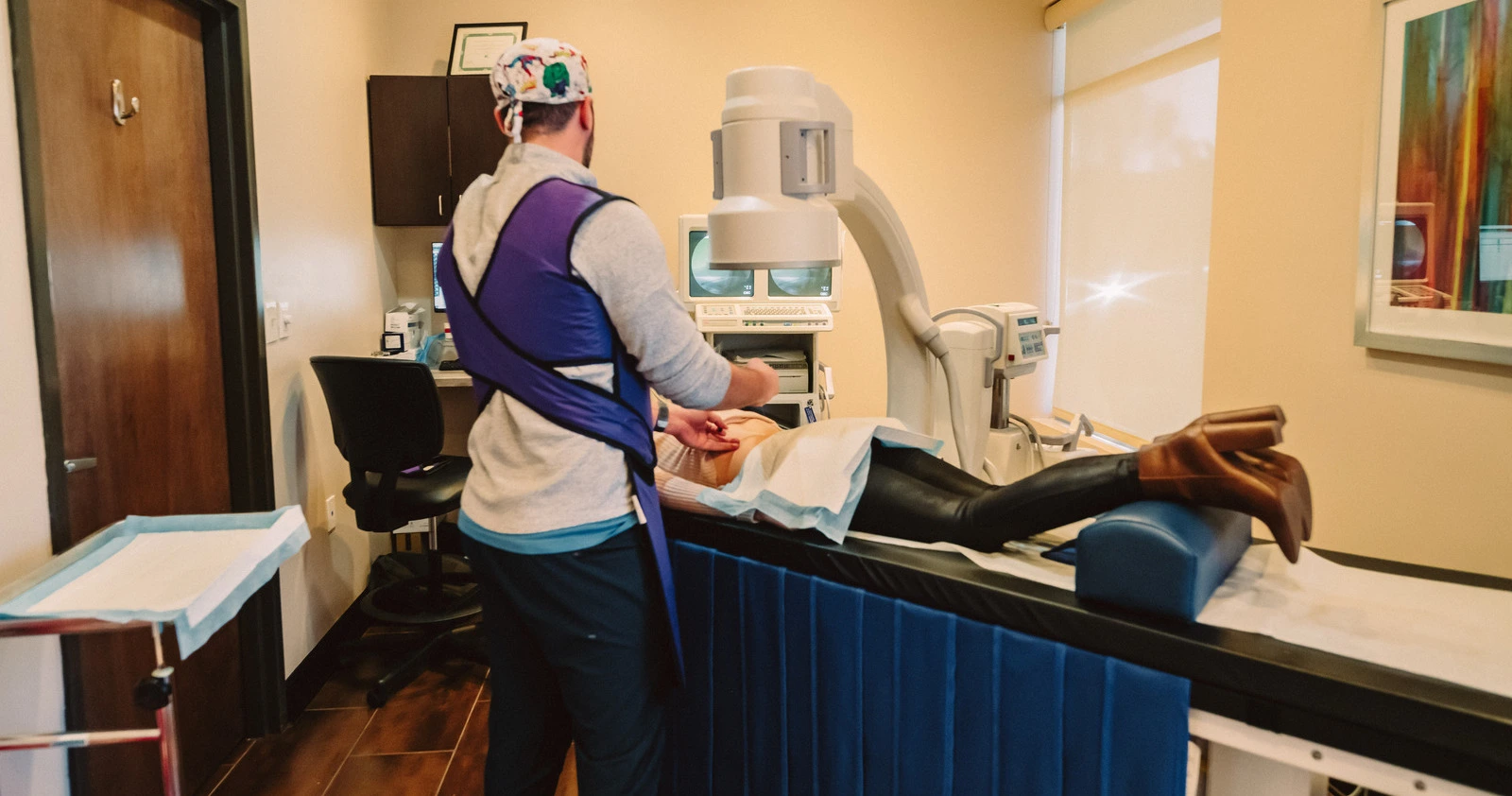
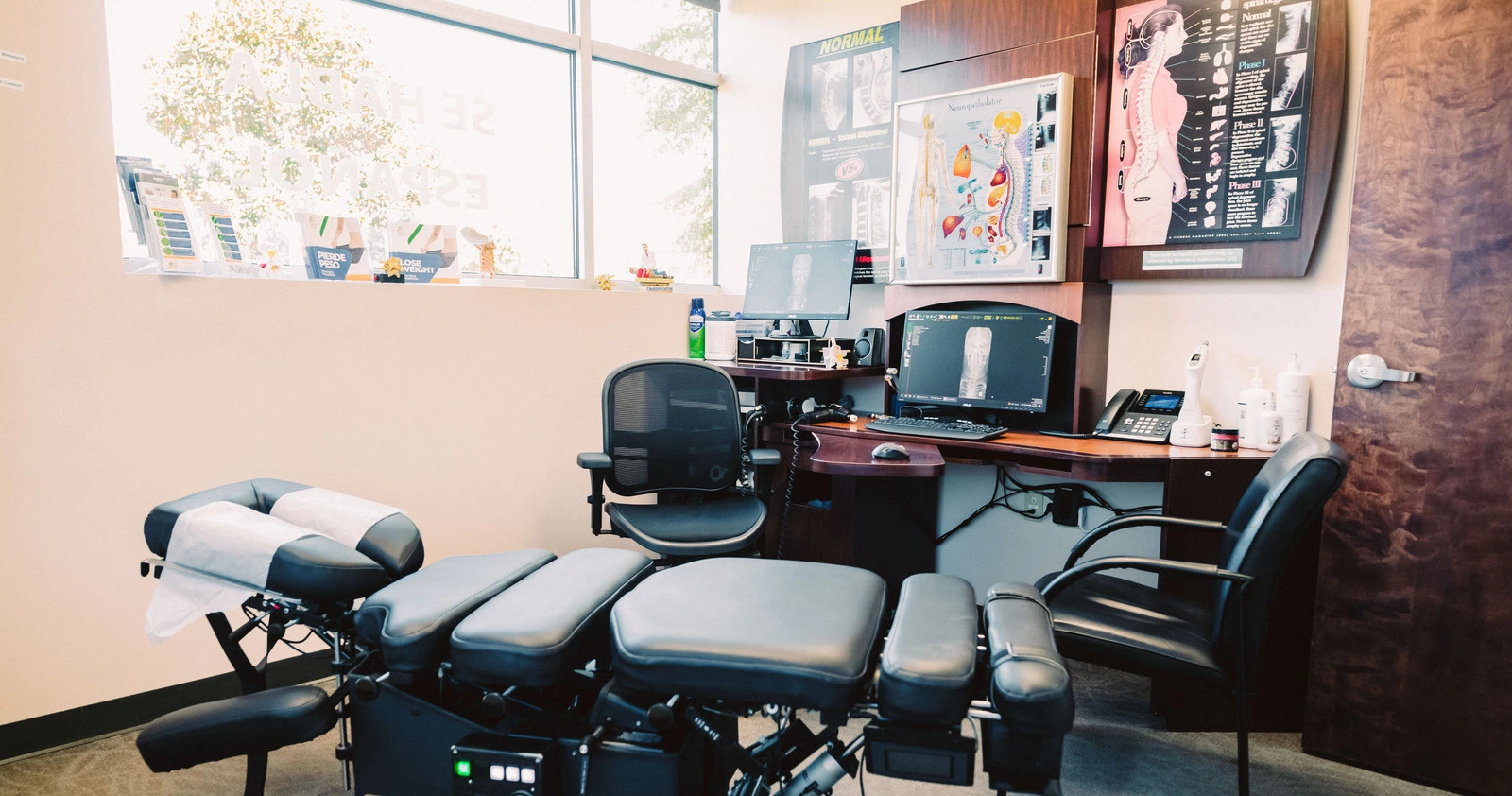



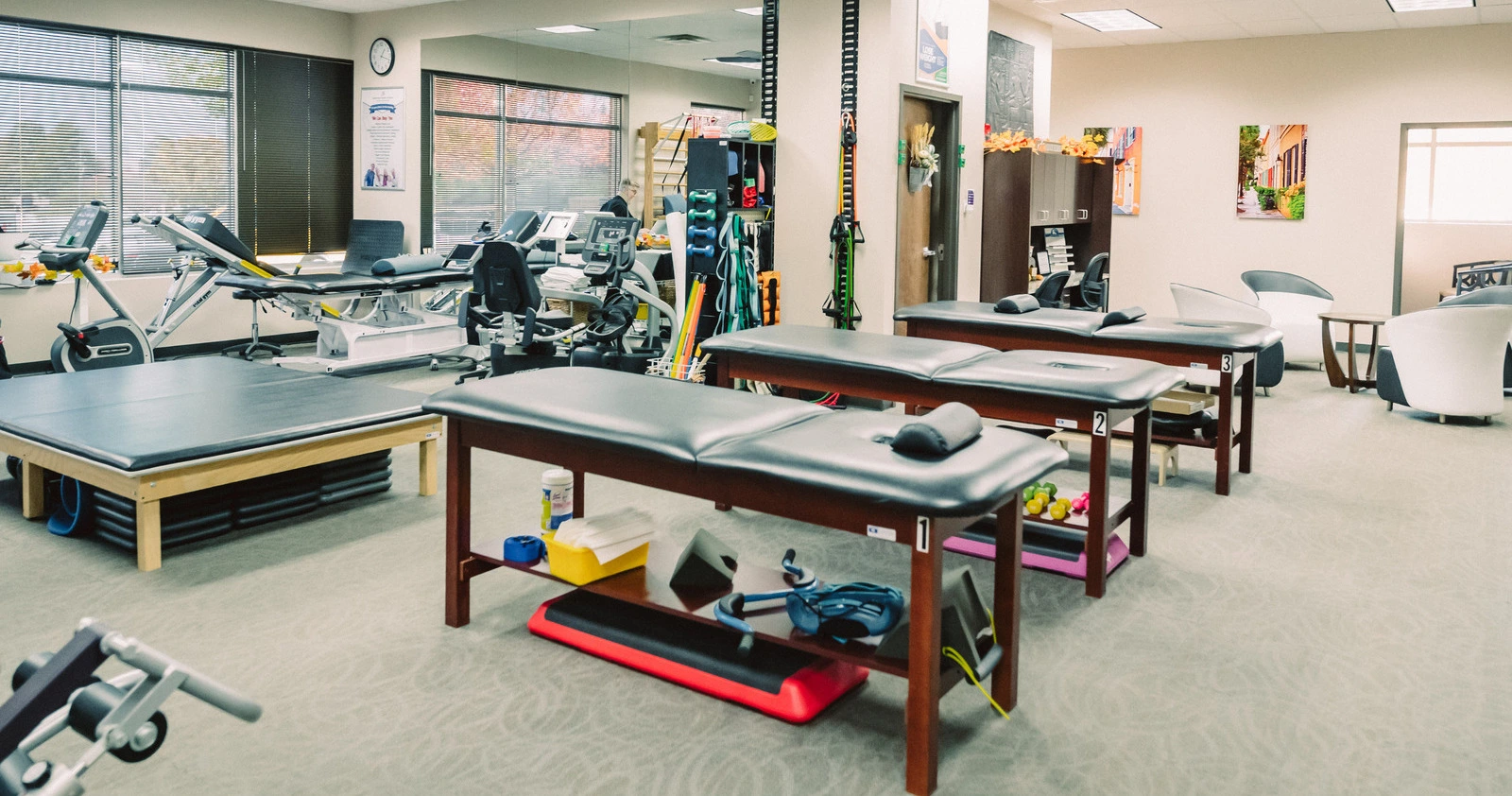
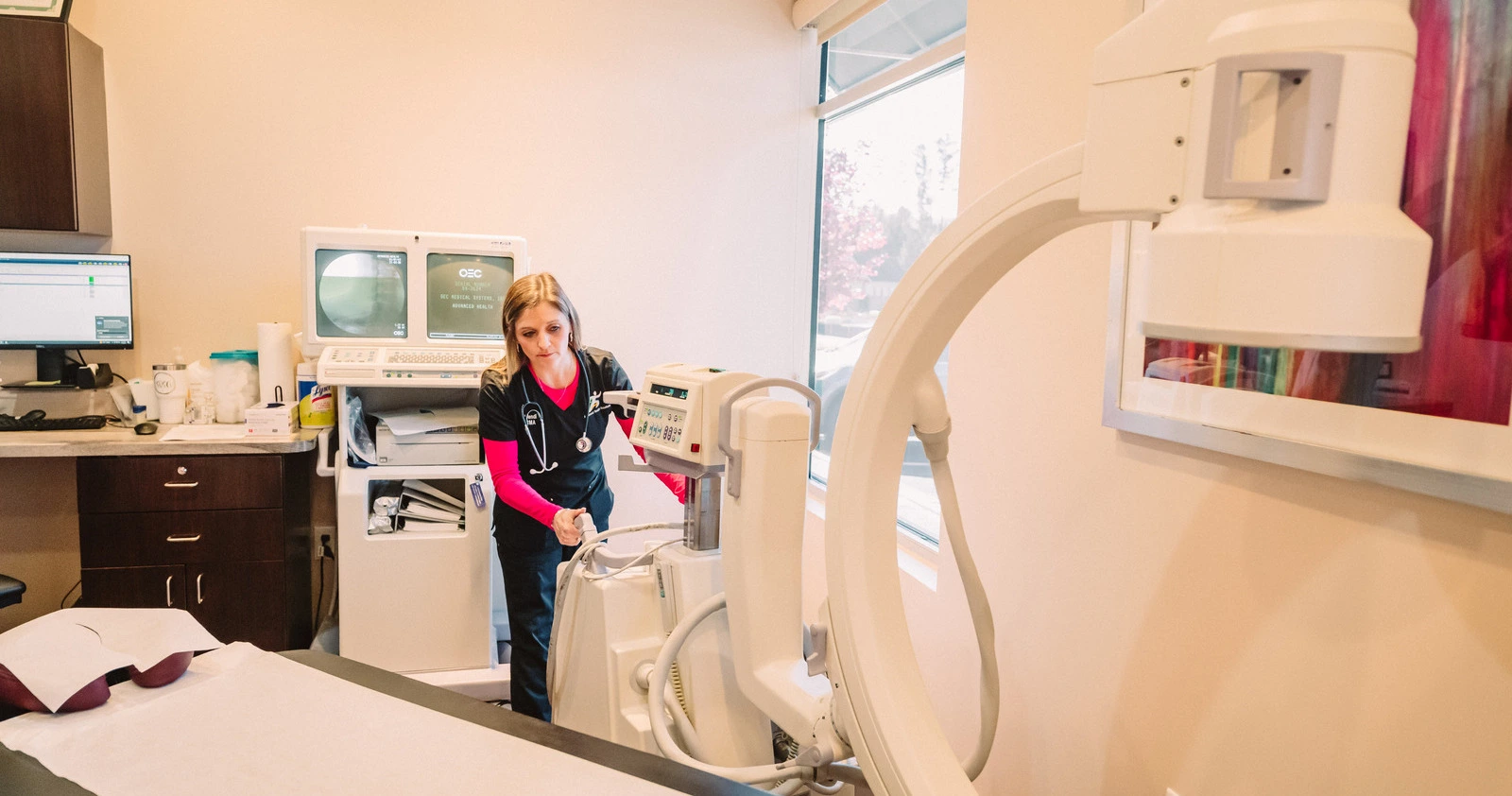

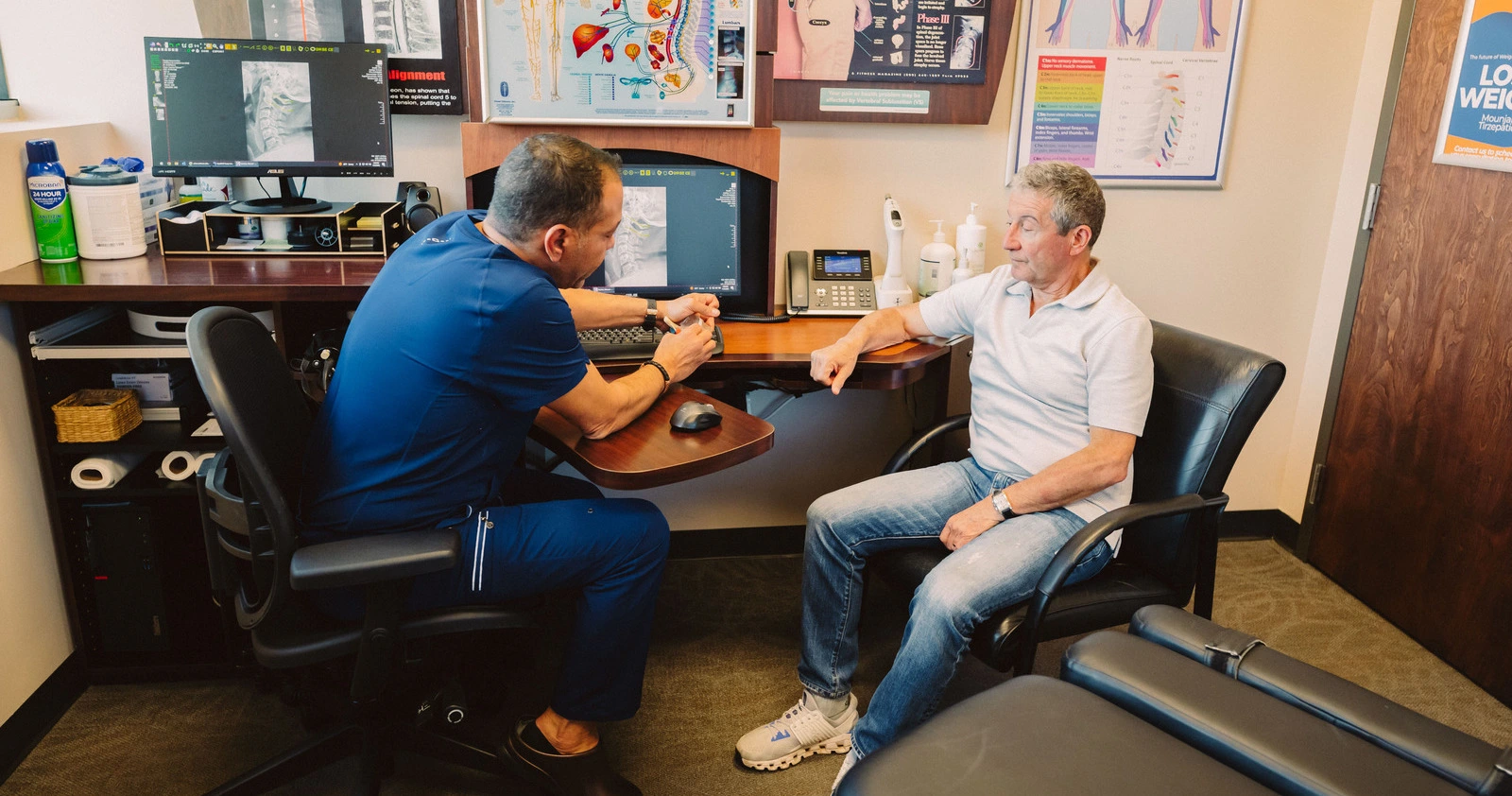
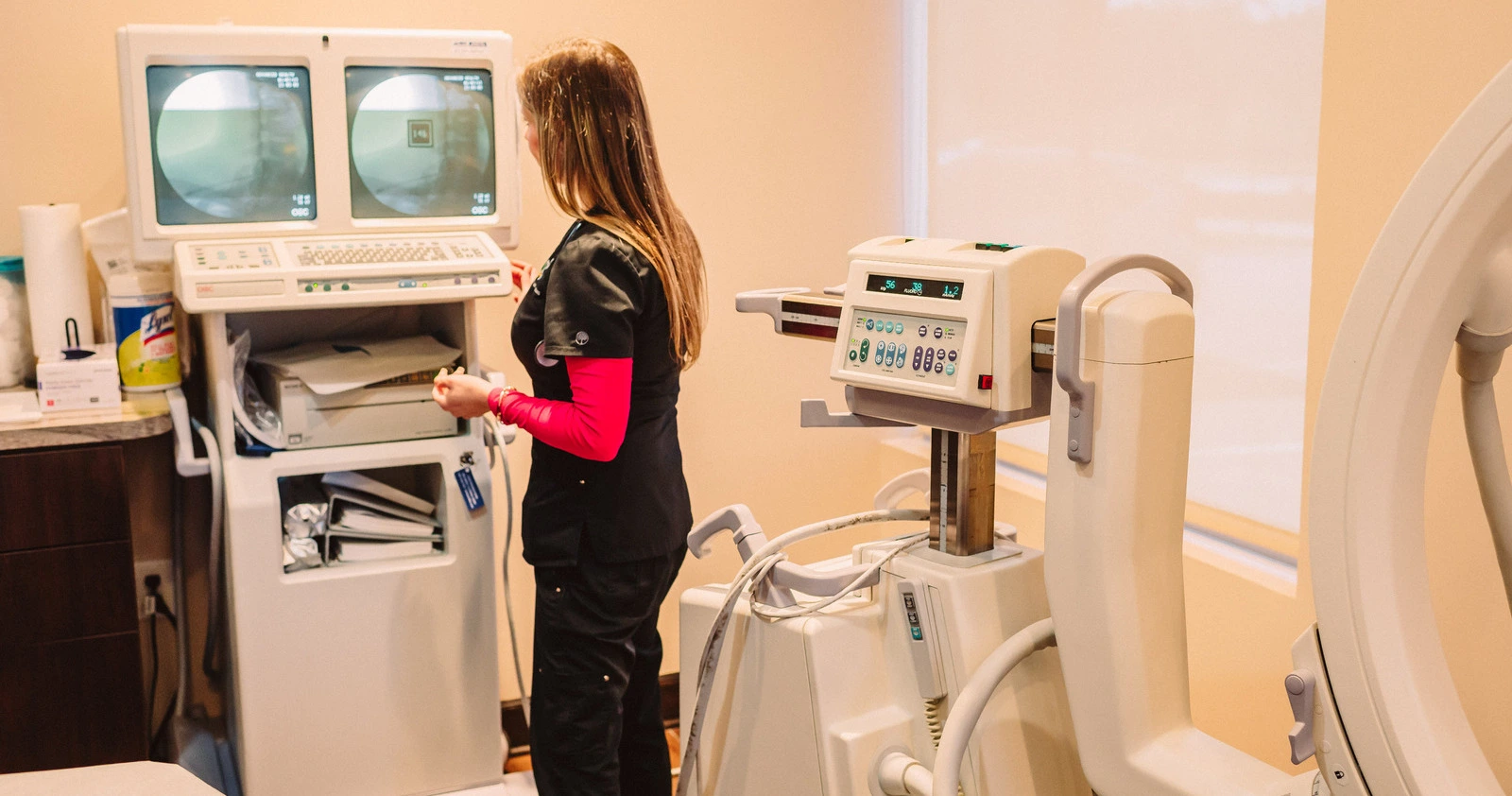
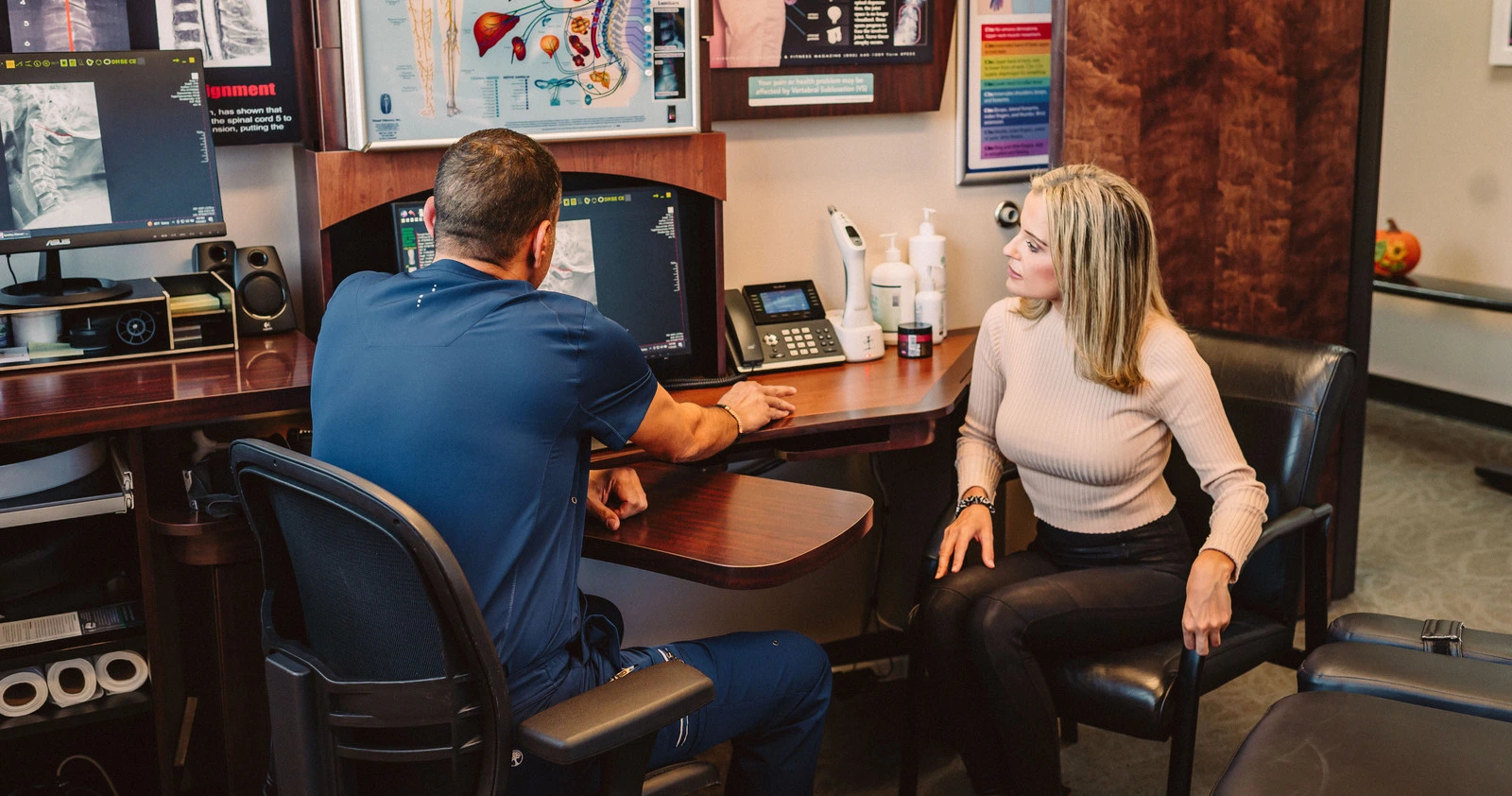


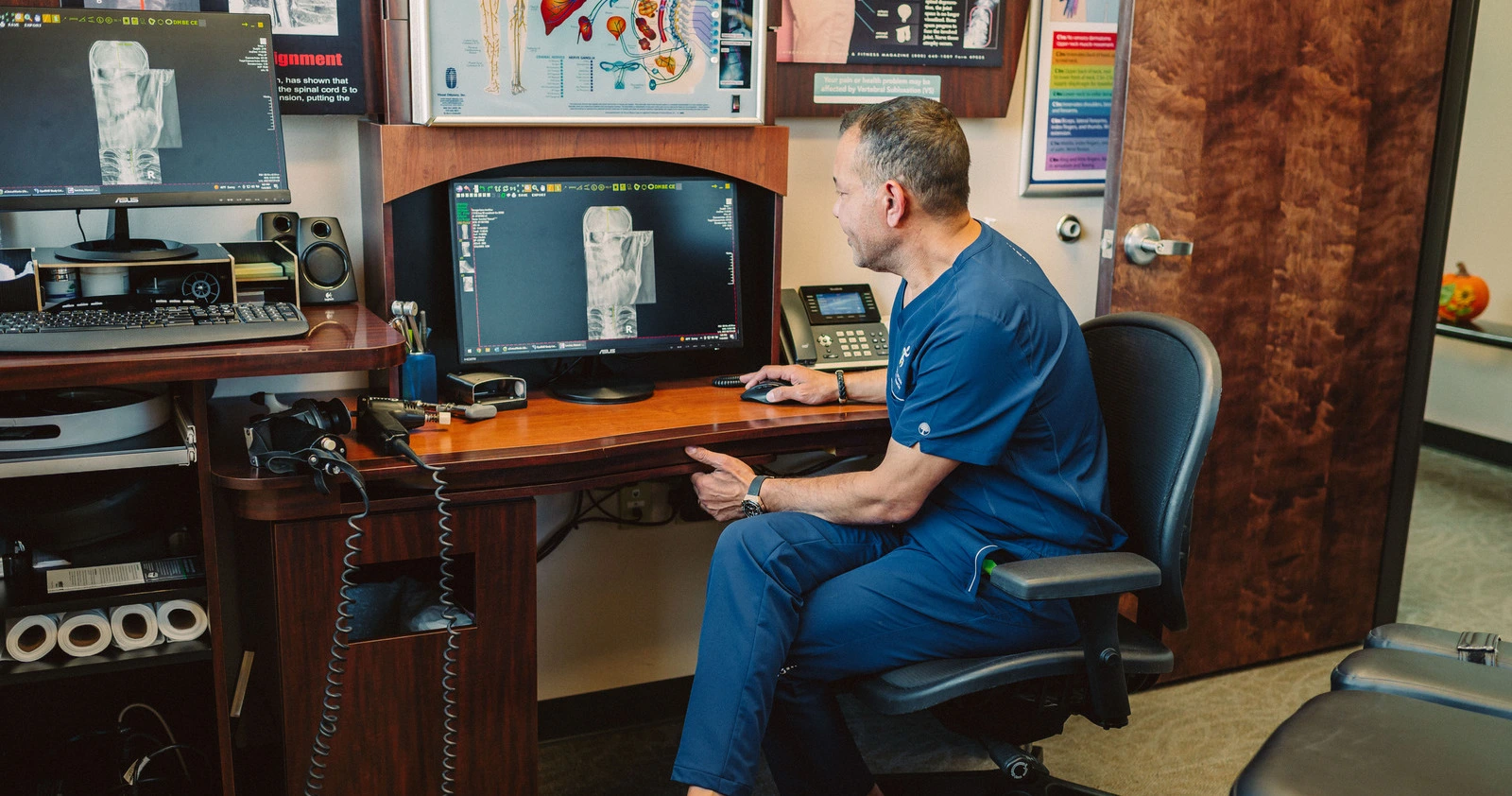

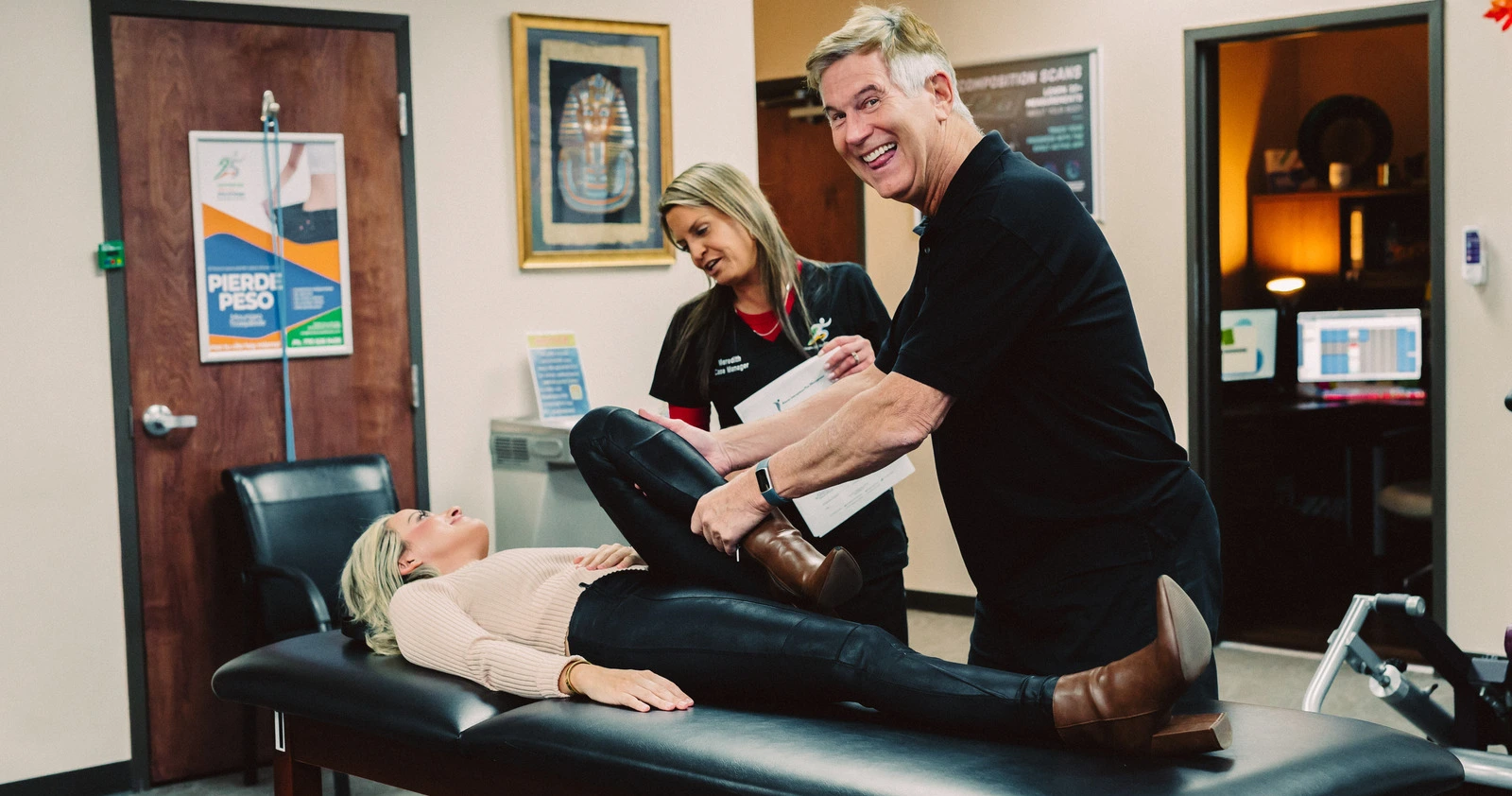
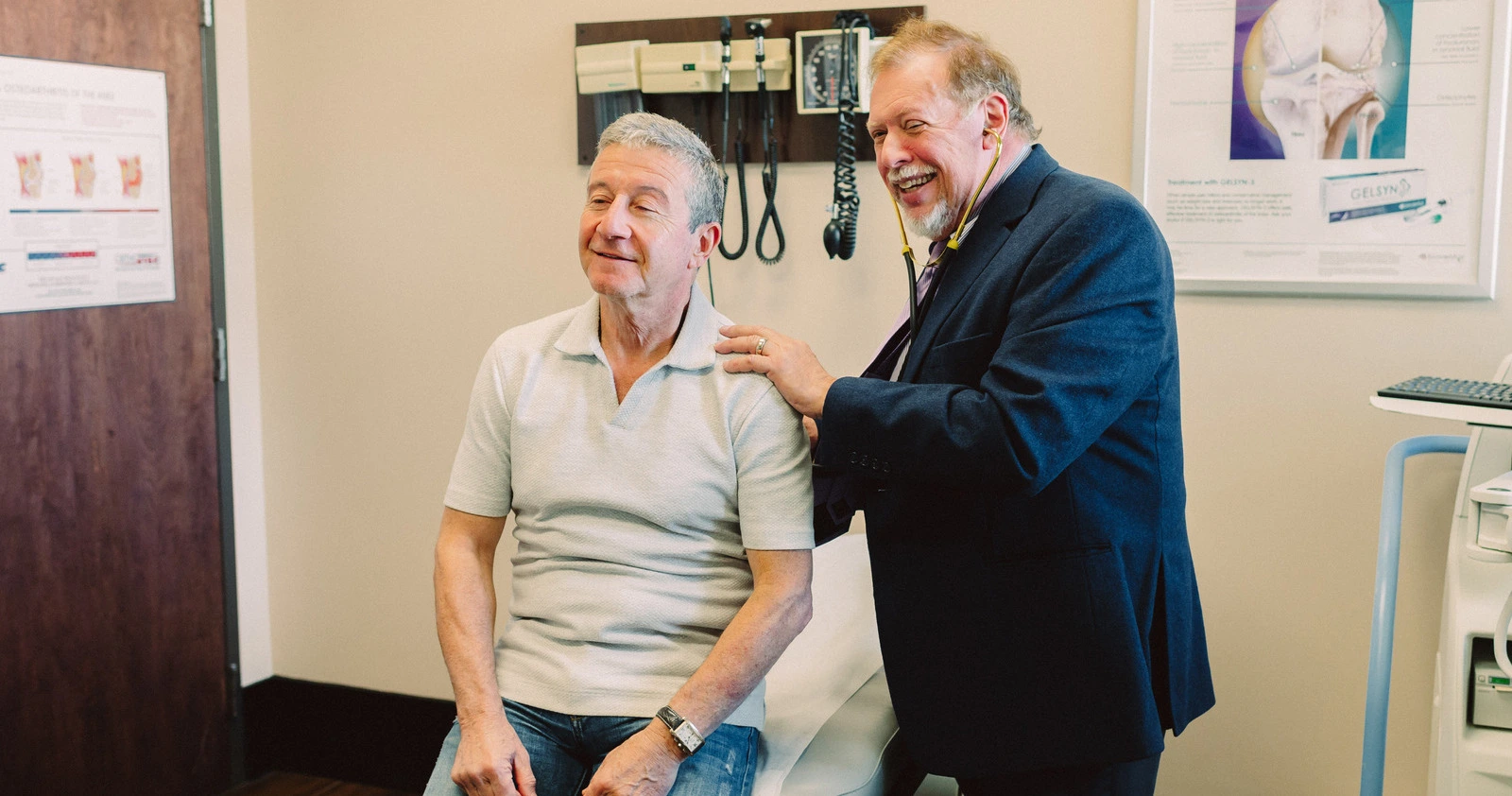


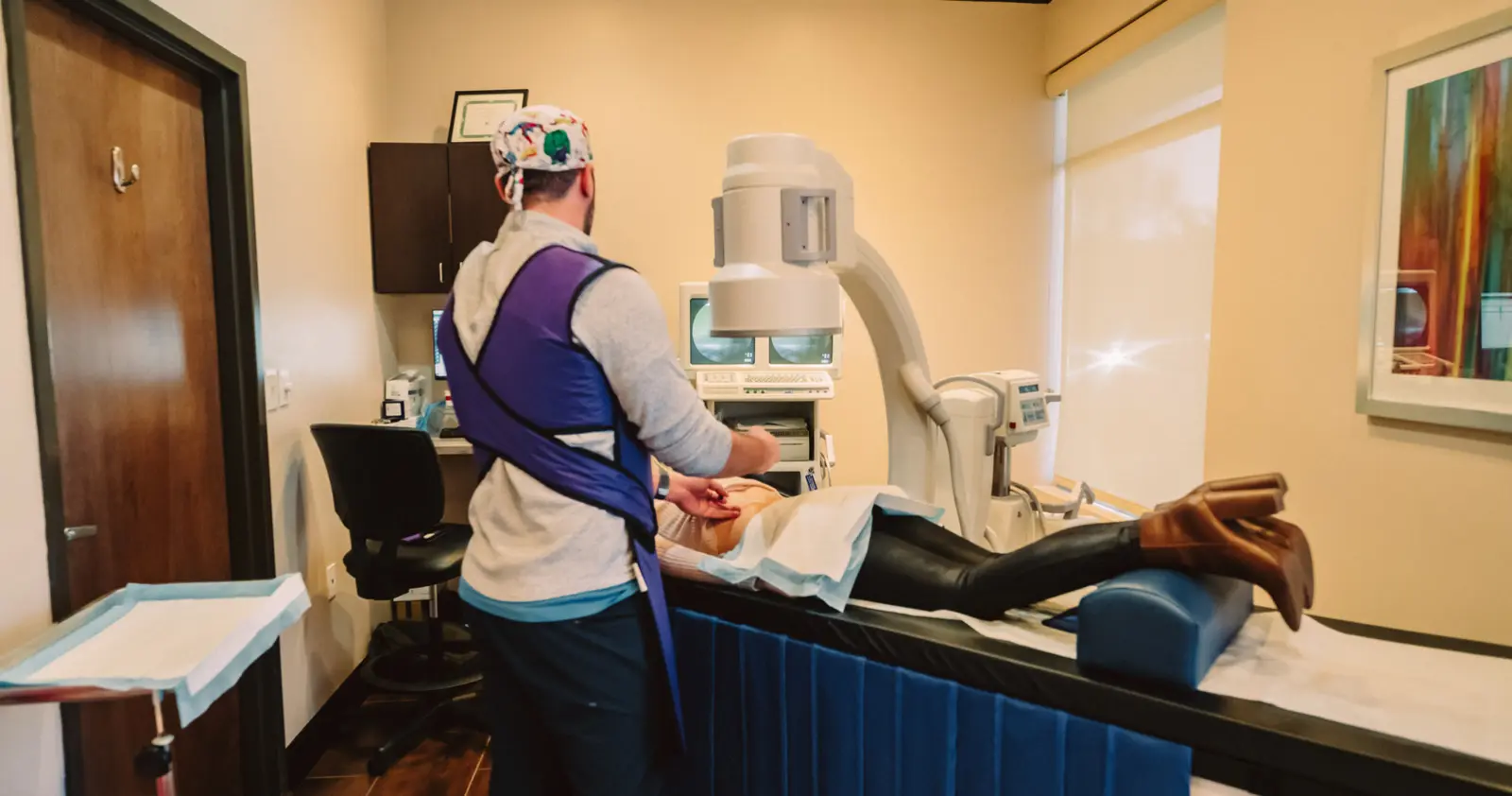

Our medical clinic offers a wide range of services, including primary care, specialty care, preventive care, diagnostic testing, chiropractic, physical therapy, and more. We strive to provide comprehensive and personalized healthcare to our patients.
Our medical professionals are highly trained and experienced in their respective fields. We have a team of doctors, nurses, specialists, and support staff who are dedicated to providing quality care and ensuring the well-being of our patients.
Our clinic(s) are conveniently located in a central area, with easy access to public transportation and ample parking facilities. We understand the importance of accessibility and strive to make it convenient for our patients to reach us. See all locations
We take pride in our high patient satisfaction rates and positive outcomes. We regularly collect feedback from our patients to continuously improve our services and ensure we meet their expectations. Read Our Reviews
We strive to work with a wide range of insurance providers to ensure that our services are accessible to as many patients as possible. We also offer flexible payment options and financial assistance programs to make healthcare affordable for our patients.
The purpose of this visit is to assess your symptoms, diagnose any potential conditions, and provide appropriate treatment or recommendations. Your healthcare provider will outline the recommended treatment plan, which may include medications, lifestyle changes, therapies, or referrals to specialists, depending on your condition.
In addition to our core medical services, we may offer additional benefits such as extended hours, online appointment scheduling, electronic medical records, and patient education resources.


We are a Multidisciplinary Clinic with over 75 years of Combined Experience